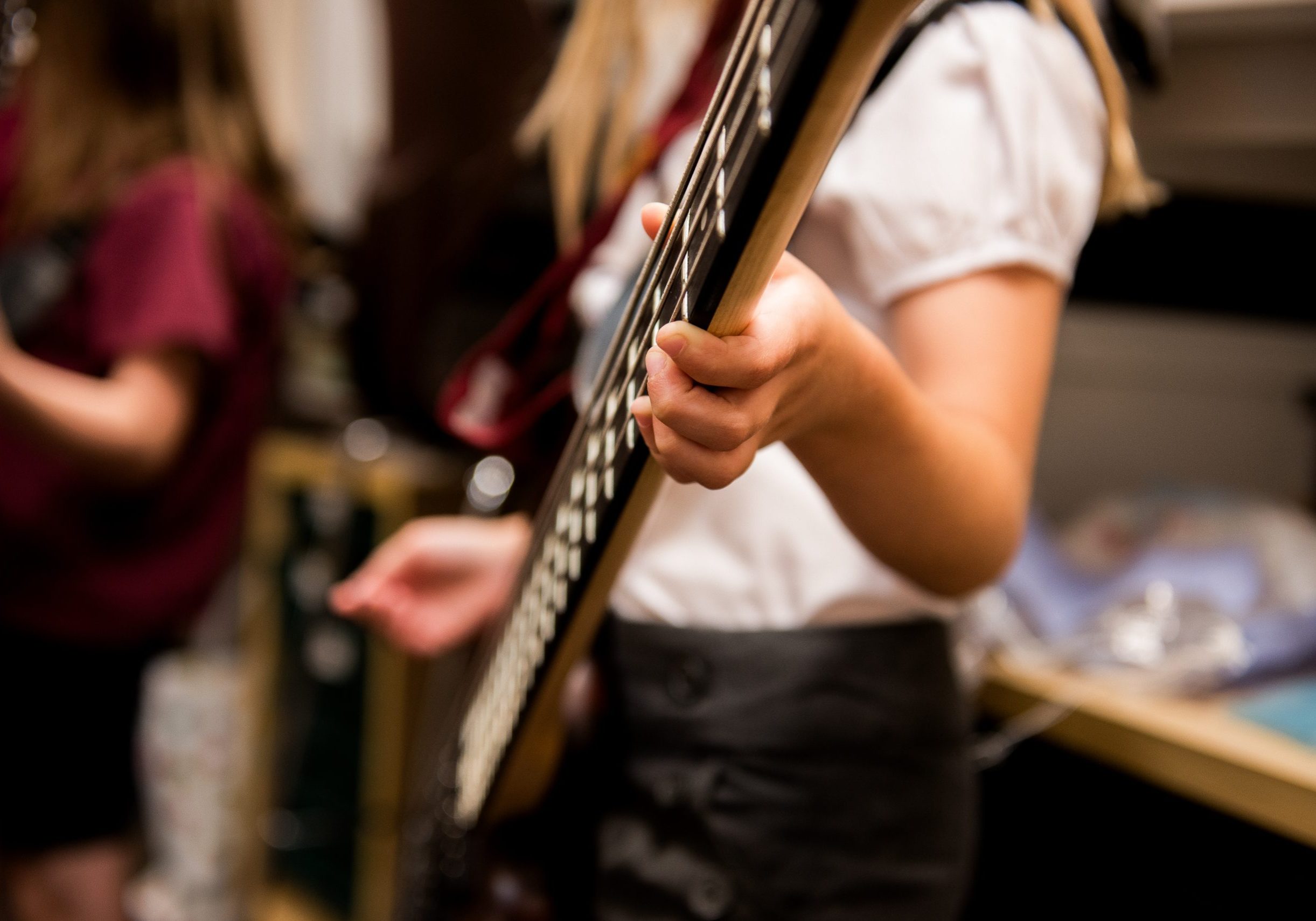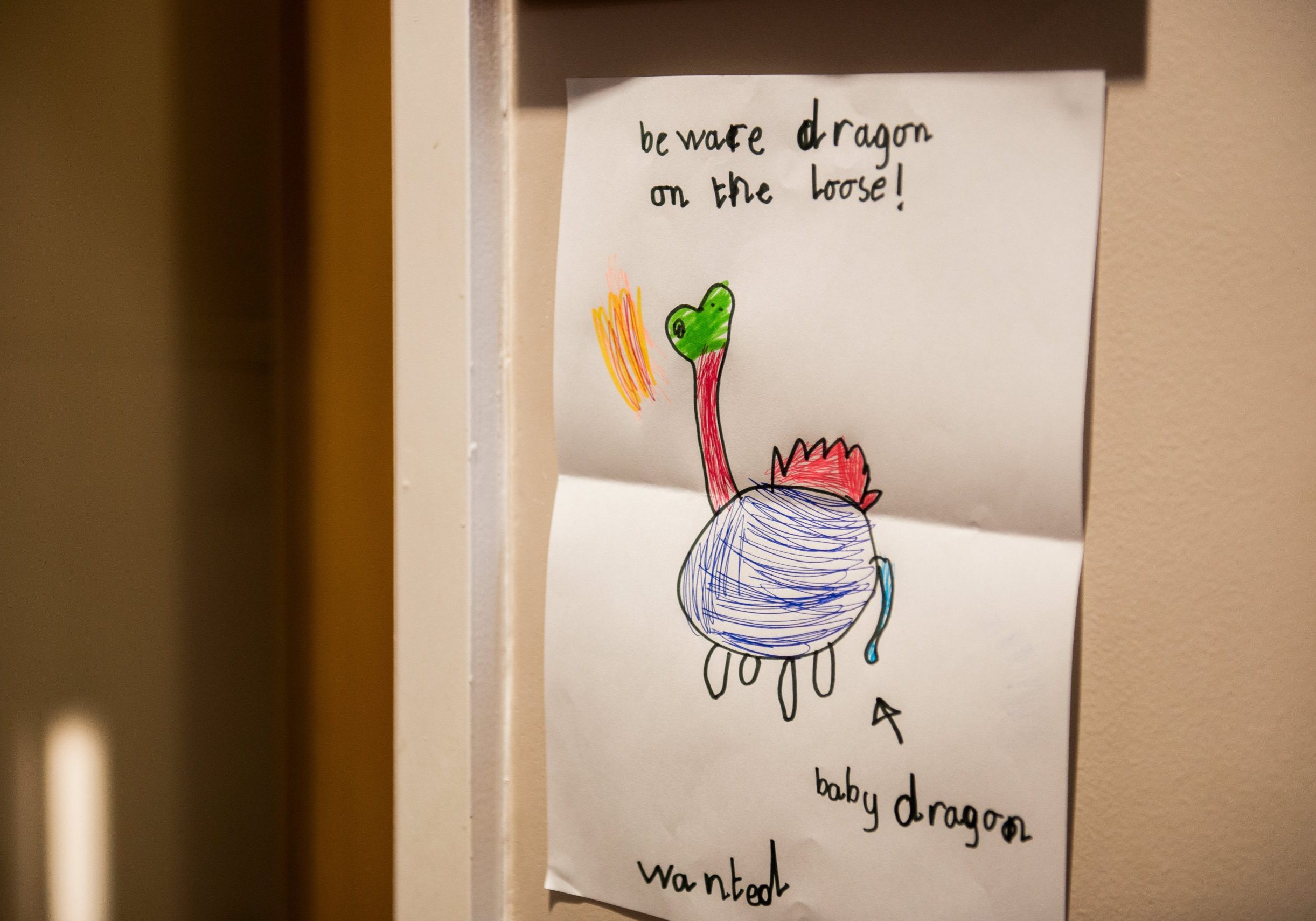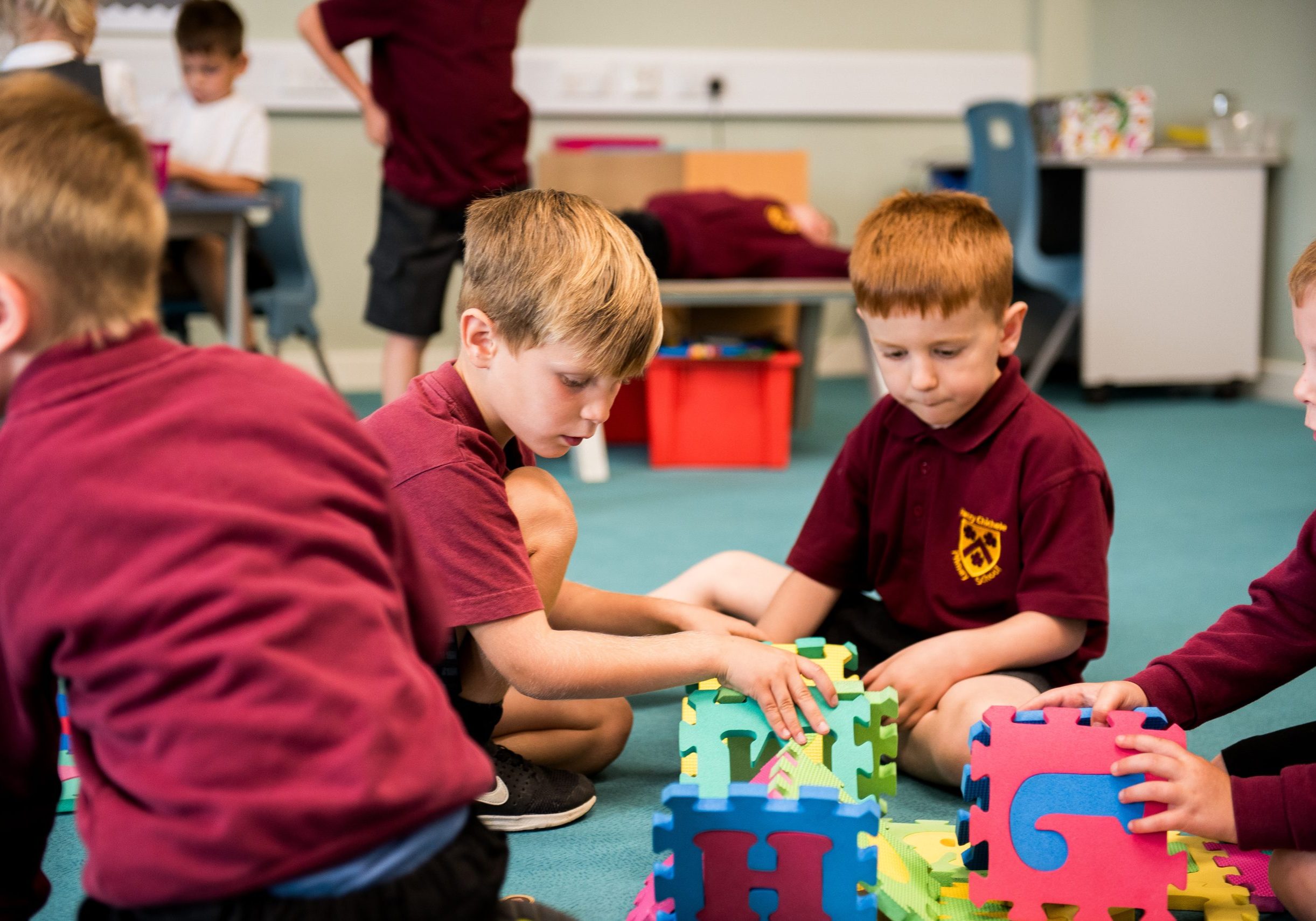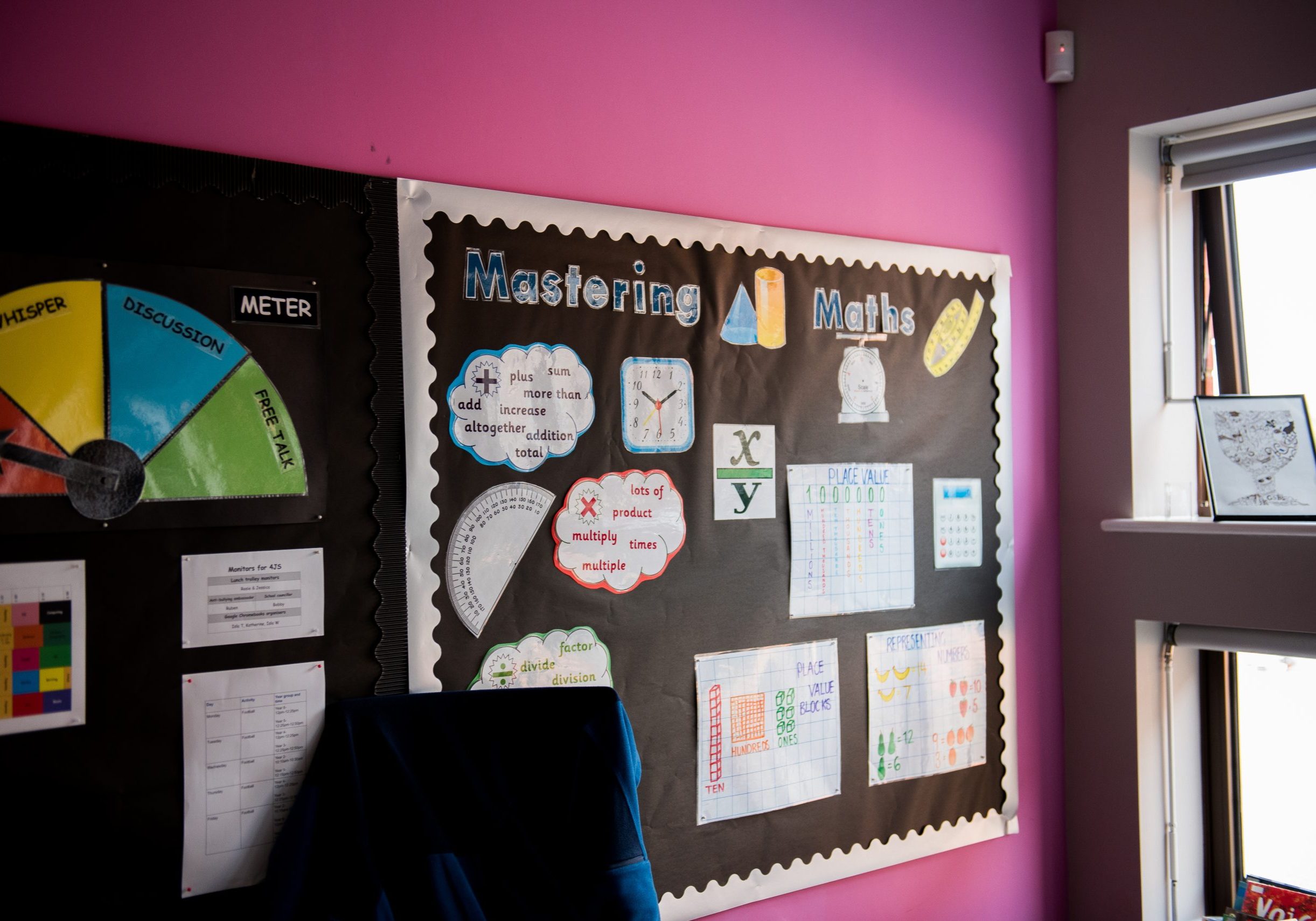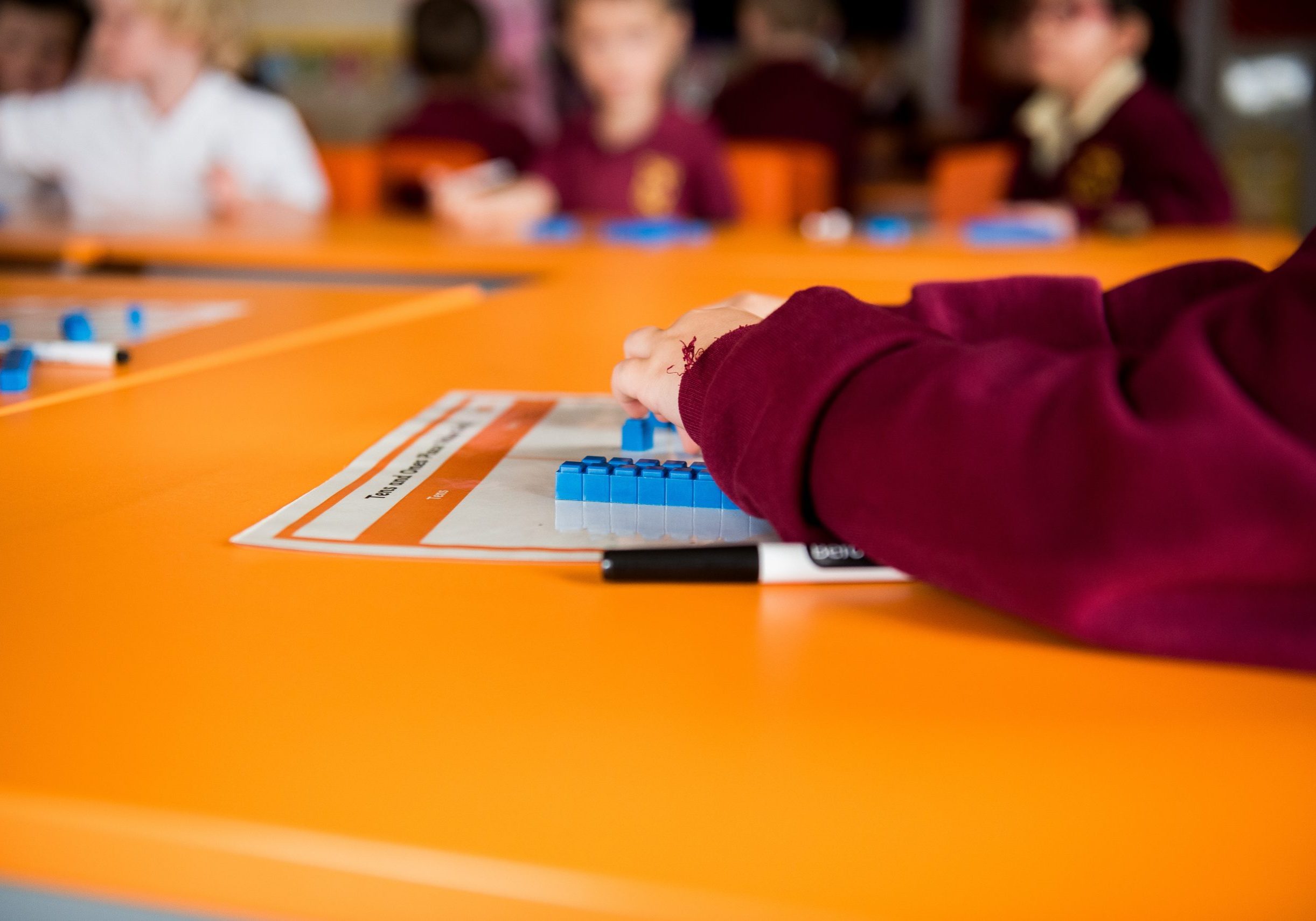In This Section
Early Years Foundation Stage (Reception)
Our Early Years Aim
‘Empowering learners, nurturing ambition’.
At Henry Chichele Primary School our intention is to develop empowered learners. Our Early Years curriculum and environment provides every child with the skills to be resilient, capable, confident and self-assured.
As our children develop throughout the year, it is our intention that all children build positive relationships with peers and adults, feel safe and confident in their environment and become ambitious learners.
Our core approach to teaching and learning is to prioritise play and child-initiated responses.
Our continuous provision is lead by our unique children, their varying interests and needs with adult focussed activities to support their development. The children will access open-ended resources in a surrounding that is meaningful. We prioritise high quality interactions with adults to provide a language rich environment.
Our children will have access to a broad and rich curriculum, in a setting enriched with ‘realness’, visits and visitors. We consider the emotional, physical, social, moral, spiritual and cultural development of every child.






The HC Way
Please see the following document for an overview of our Early Years curriculum:




What do we expect children are able to do before they start EYFS?
Supporting your child to be 'school ready'
What can I do to support my child's development?
All the fun activities that you do with your child at home are important in supporting their learning and development, and have a really long lasting effect on your child’s learning as they progress through school.
If you make the time every day to do some of the following things with your child, it will make a real difference to your child’s confidence as a young learner.
- Encourage good manners and sharing/taking turns.
- Encourage your child to help around the house and take responsibility for their own things e.g. tidying up, sorting laundry, putting dishes in the dishwasher.
- Teach your child to use the toilet independently and wash their hands.
- Encourage your child to dress themselves.
- Talk – a lot!
- Read and look at books together.
- Go to the park and on walks to look at the natural environment.
- Use natural opportunities for your child to understand small quantities e.g. ask your child to bring you two apples.
- Do jigsaws and puzzles.
- Paint, draw and colour.
- Play with playdough, water and sand.
- Provide opportunities for your child to play with small, fiddly materials e.g. Lego, beads or rice.
- Involve your child in your daily activities and interests – young children love to help with gardening, laundry, even cleaning!
- Talk to us - we are always willing to offer support and guidance.
What skills do we want children to gain throughout EYFS?
The document below details the progression of skills that children need to develop to reach a good level of development by the end of EYFS:
Progression map of skills across the ELGs
How does the EYFS feed into the National Curriculum?
The following document explains how the 17 areas of the Early Years Framework prepares the children for the expectations of the National Curriculum in Year 1:
Would you like to know more?
Please contact our Early Years Lead, Mrs Rogers, through our school office or by using the contact form.





